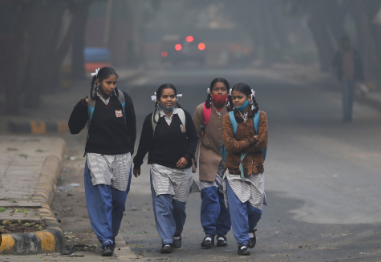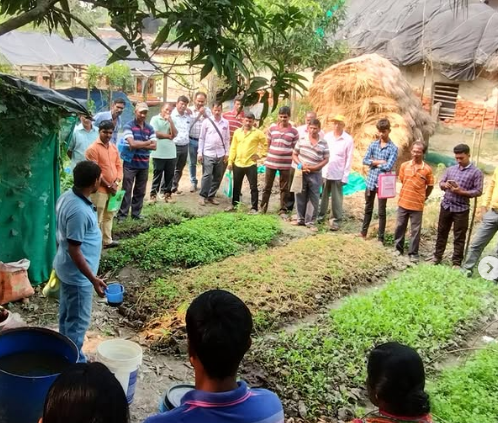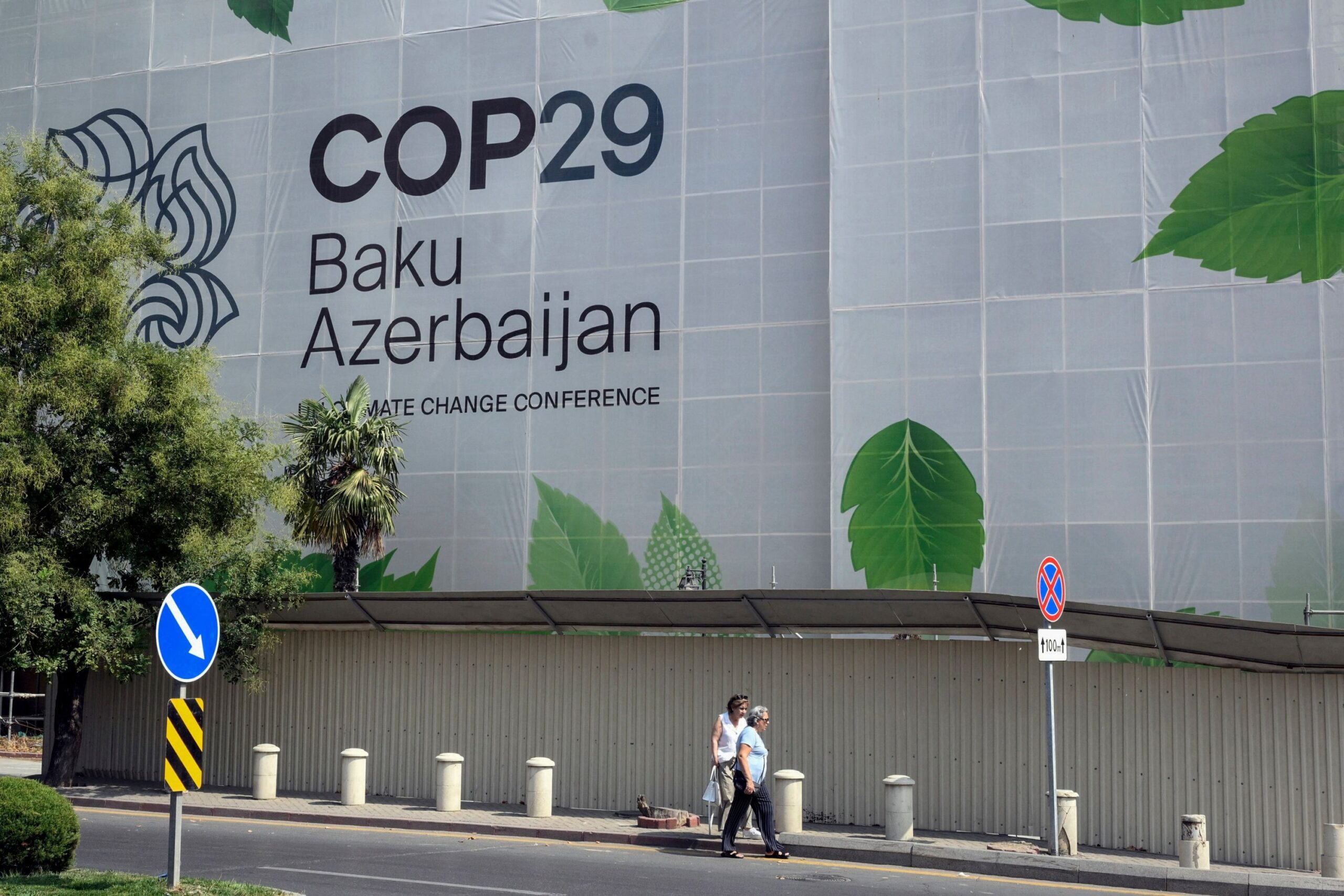
The glaciers of Arunachal Pradesh are shrinking at an alarming rate, revealing the stark consequences of climate change in India’s northeastern frontier. A recent study highlights a significant reduction in glacier mass over the past three decades, with experts attributing this to rising global temperatures, erratic precipitation patterns, and environmental disturbances.

India has reached a significant milestone by achieving 100 gigawatts (GW) of installed solar energy capacity as of January 31, 2025. This accomplishment underscores the nation's commitment to expanding its renewable energy portfolio, with an ambitious target of 500 GW of non-fossil fuel-based energy capacity by 2030.

The Maha Kumbh Mela, estimated to have 400 million participants, is taking place in Prayagraj is planned to be the largest gathering of people in the world, from January 13 to February 26, 2025.

Yala Glacier, one of Nepal's most extensively studied glaciers, is facing rapid decline and is projected to vanish by the 2040s. Monitoring data from 1974 to 2021 reveals a retreat of 680 meters and a 36% reduction in its area. The glacier's elevation, which ranged from 5,170 meters to 5,750 meters in 2011, has also significantly declined.

In a significant move to combat climate change, the United Nations has declared 2025 as the International Year of Glaciers Preservation. This global initiative aims to underscore the urgent need to protect the world's glaciers, which serve as critical water sources and natural regulators of Earth's climate.

California, often described as a haven of natural beauty, has faced increasingly destructive wildfires in recent years. Experts point to climate change as a key factor exacerbating these infernos, particularly in Southern California, where devastating blazes like the Palisades and Eaton fires have wreaked havoc. These events have resulted in fatalities, injuries, and widespread destruction, leaving communities grappling with both immediate and long-term consequences.

The Malliks, a Bengaluru-based couple, have redefined sustainable living by building an eco-friendly home that functions without relying on external utilities. Their innovative residence exemplifies how modern living can coexist with environmental preservation.

Delhi's air quality continues to deteriorate, with the Air Quality Index (AQI) remaining in the 'poor' category for the third straight day. Experts attribute this to a combination of unfavorable meteorological conditions, increased vehicular emissions, and seasonal factors such as stubble burning in neighboring states.

Daspara, a serene village in Tripura, has gained recognition as a thriving bio-village, showcasing how rural communities can lead the way in sustainability. This transformation is driven by the Tripura Renewable Energy Development Agency (TREDA) under a unique initiative to integrate renewable energy, organic farming, and eco-friendly practices into rural life.

At the closing plenary of COP29, India strongly voiced its objections to the recently adopted climate finance package, calling it inadequate. India accused the conference presidency and the UN climate change office of pushing the agreement through without giving its concerns a chance to be addressed. India’s adviser, Chandni Raina, described the process as “unfair” and “stage-managed,” drawing loud applause from delegates and civil society representatives.